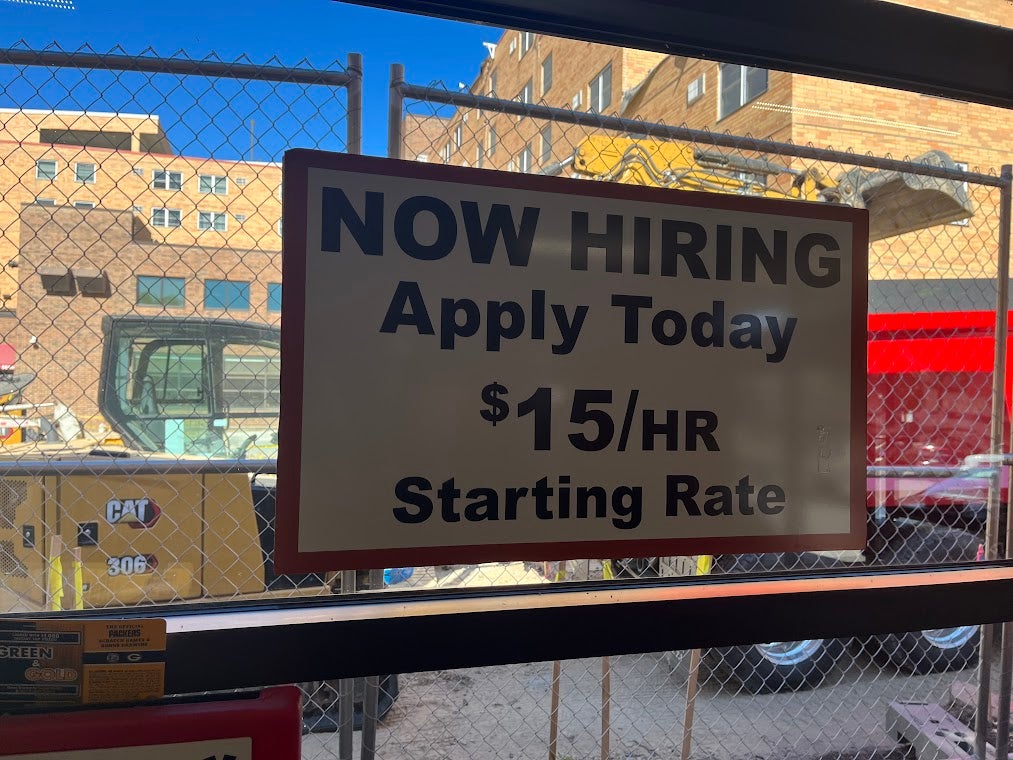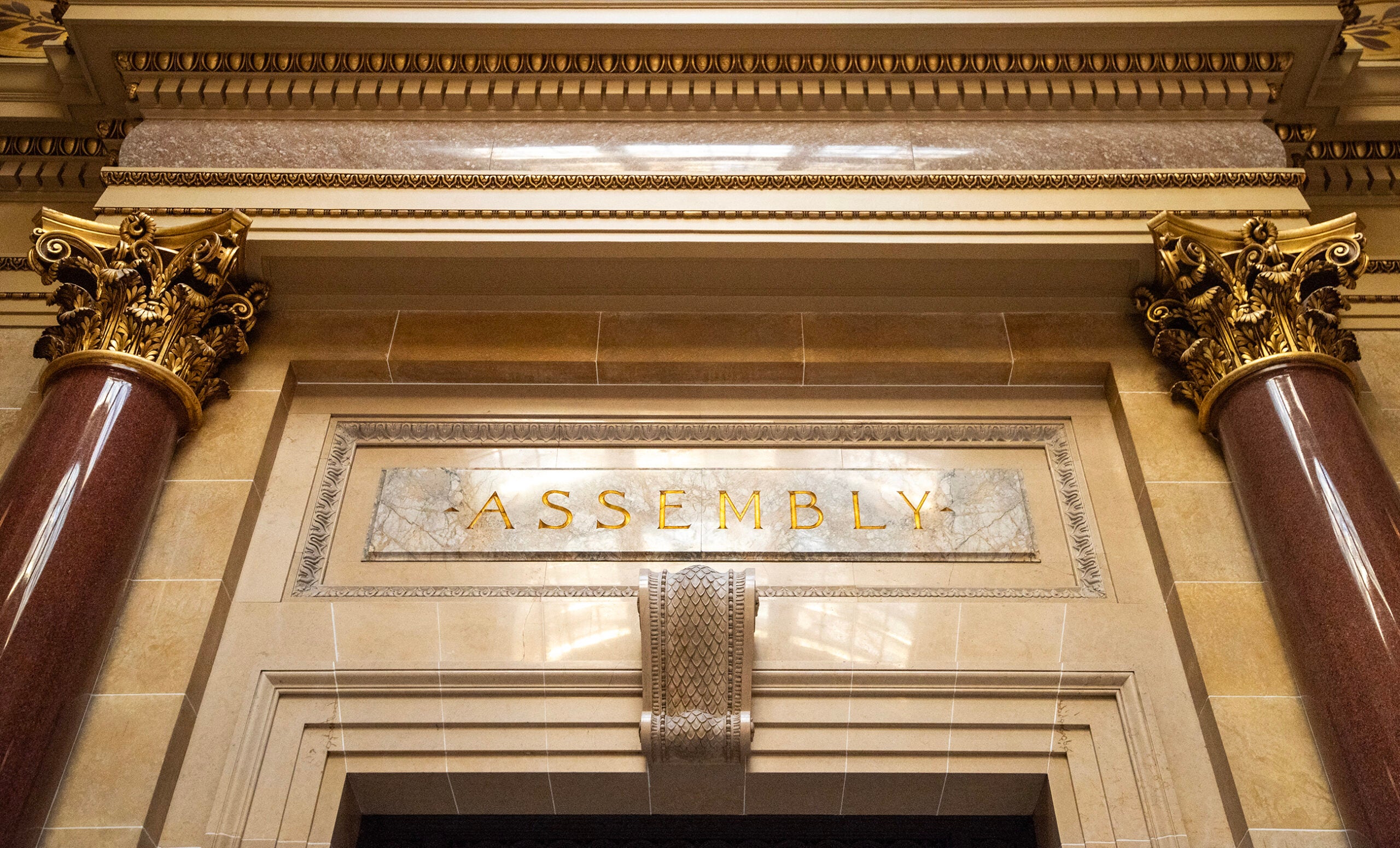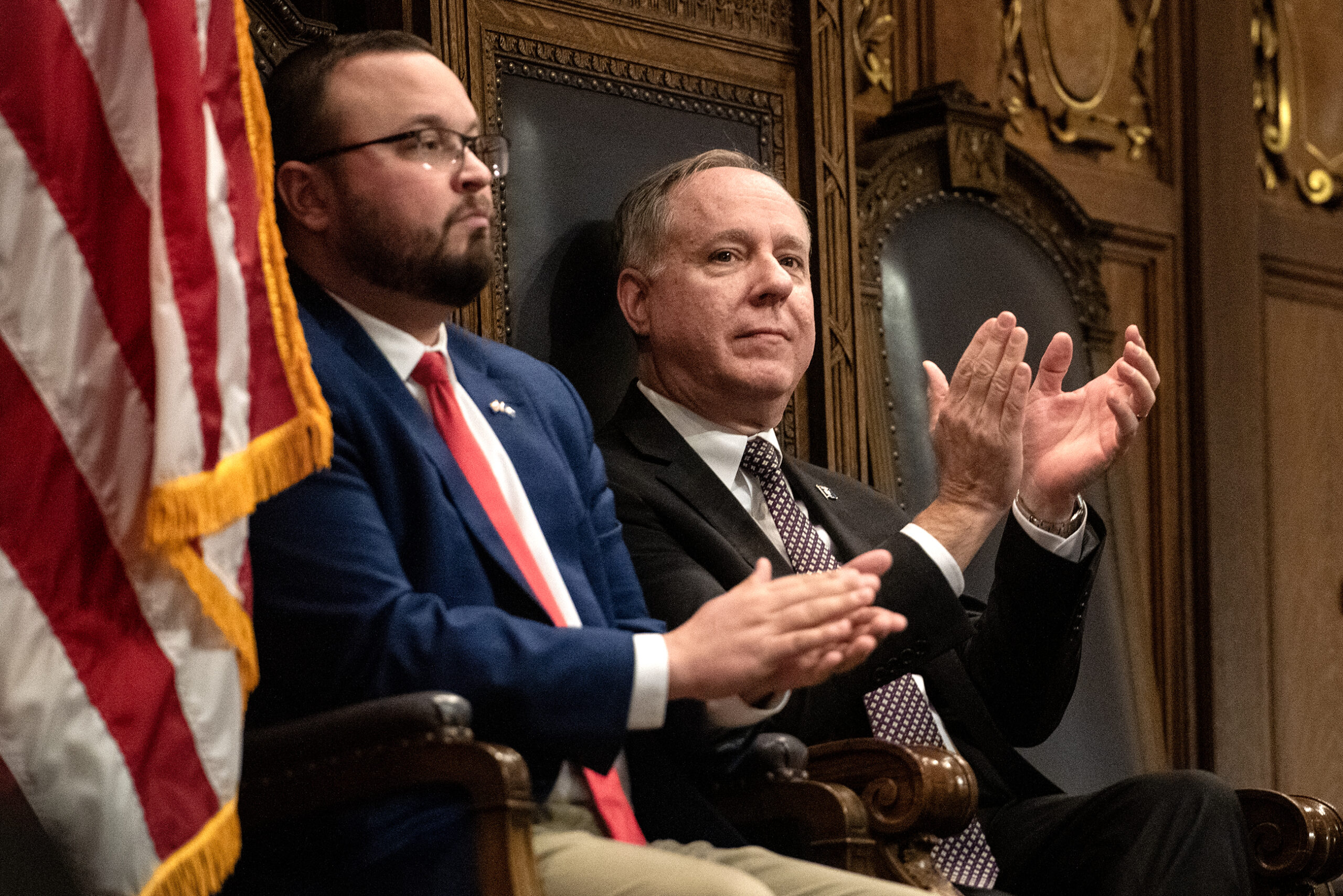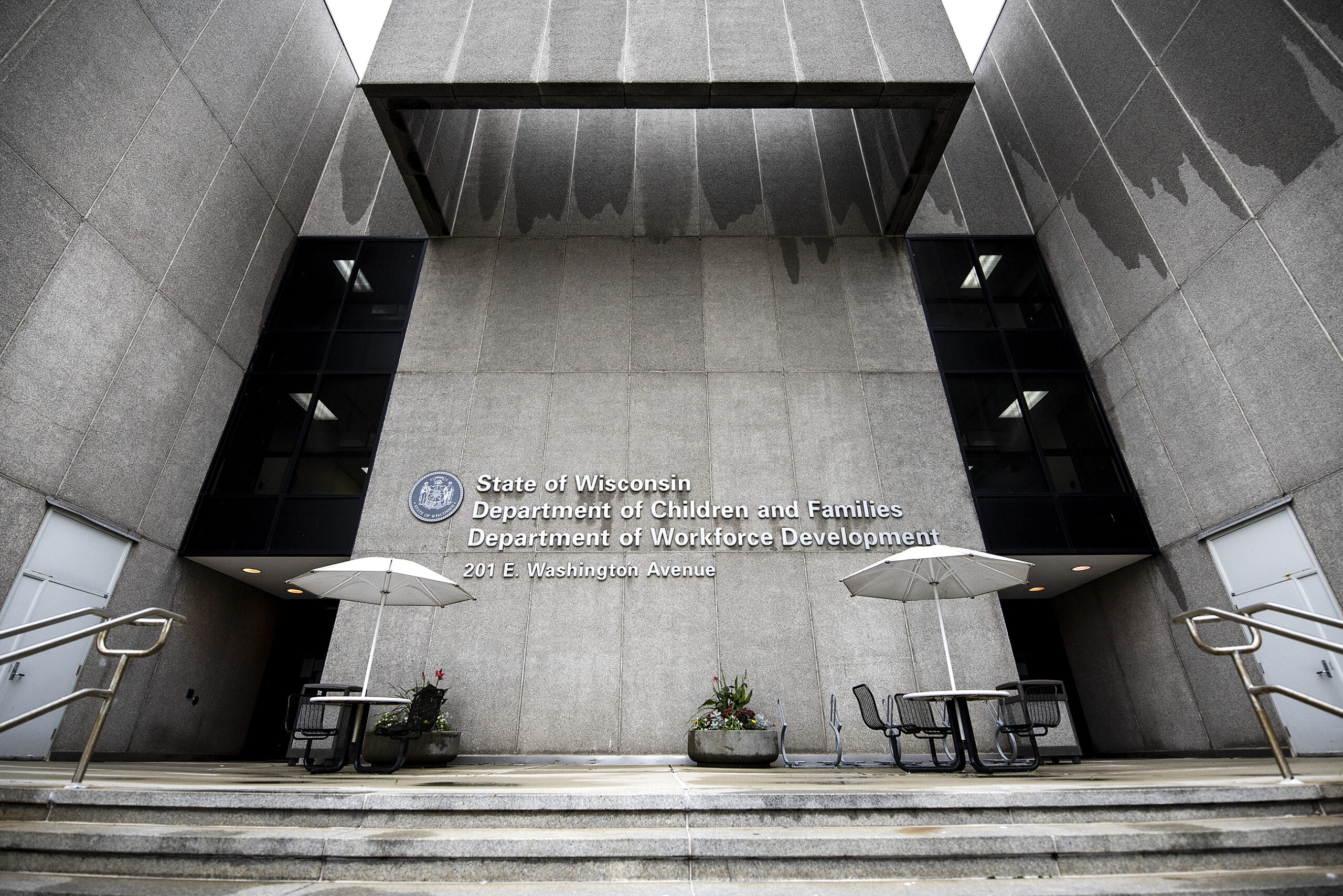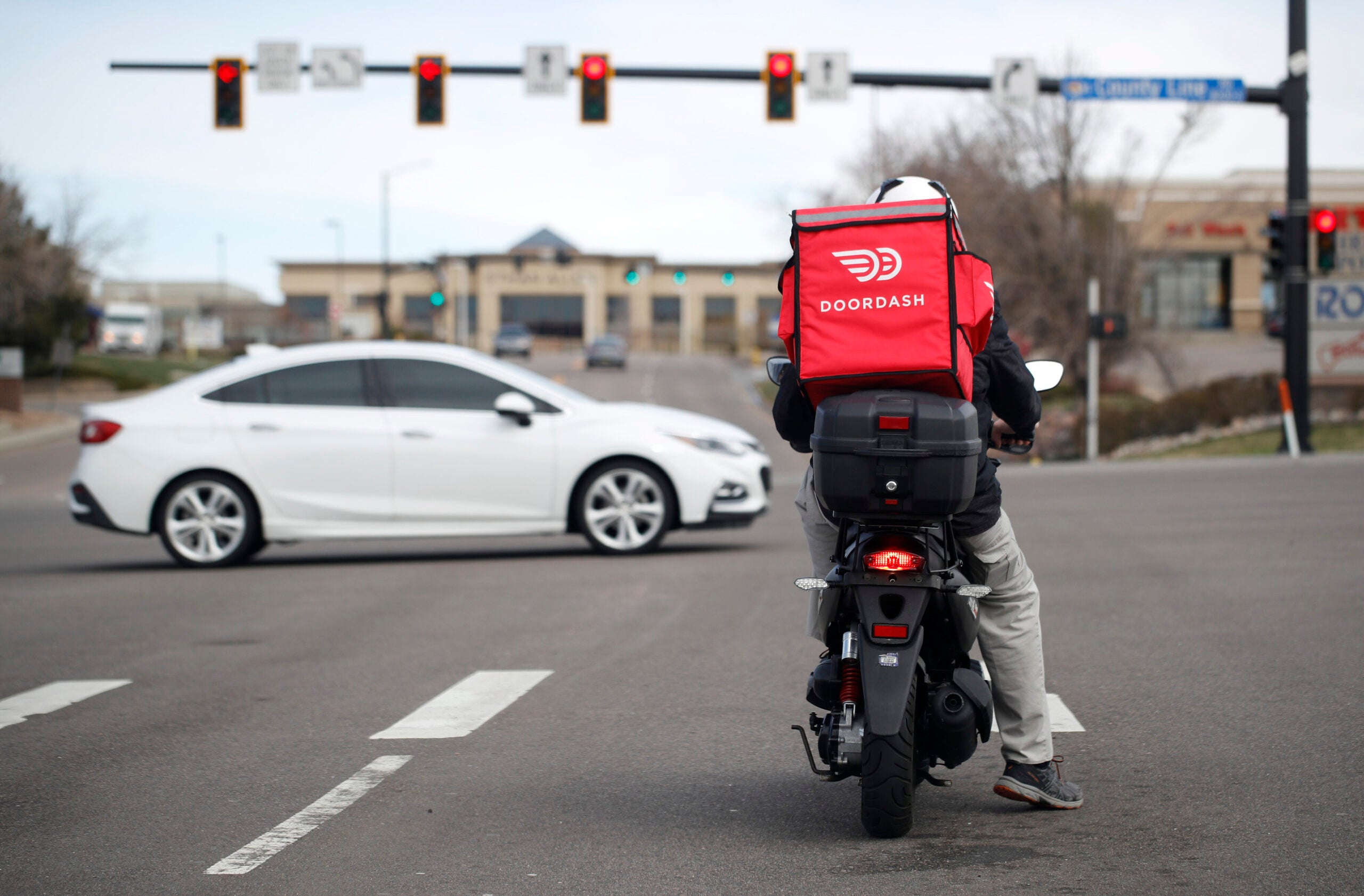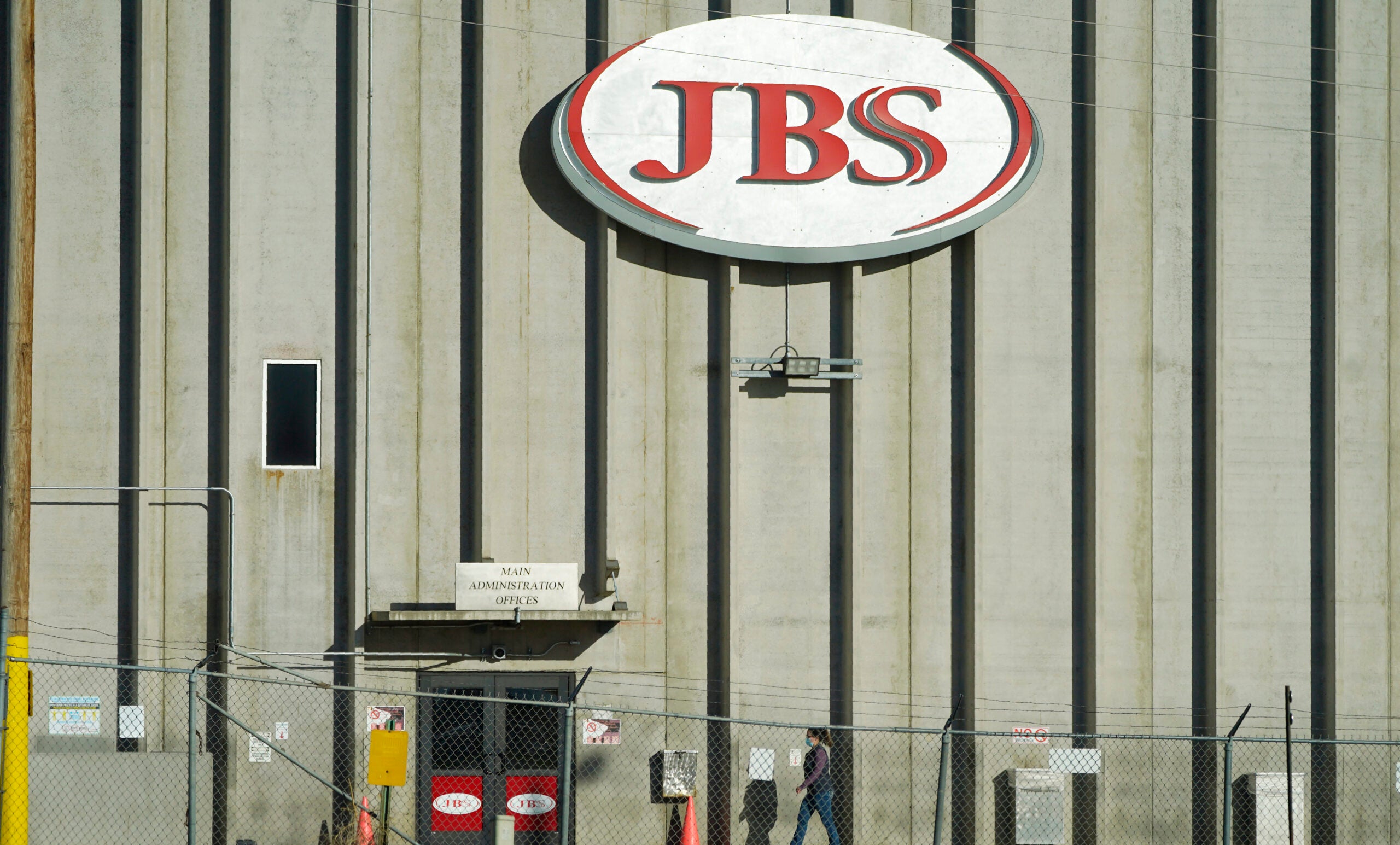An industry-backed push to eliminate child work permits for 14-and-15-year-olds in Wisconsin would partially roll back child labor protections that have roots in the 19th century.
GOP lawmakers and business groups backing the move argue it would cut government red tape, but state regulators warned at a public hearing on the plan Thursday it will make it harder to enforce child labor laws.
Work permits for minors in Wisconsin date back more than 130 years and were passed along with laws that first required children between the ages of 7 and 14 to attend school.
News with a little more humanity
WPR’s “Wisconsin Today” newsletter keeps you connected to the state you love without feeling overwhelmed. No paywall. No agenda. No corporate filter.
Children who are 14 and 15 years old would no longer need work permits approved by the state in order to get jobs in most fields other than agriculture, under a Republican bill debated Thursday. State data shows there have been 32,912 work permits issued this year.
Rep. Clint Moses, R-Menomonie, told members of the state Assembly Committee on Labor and Integrated Employment that his plan would eliminate “government red tape and bureaucracy” and doesn’t impact any existing child labor laws.
“If a teenager wants a job, they should be able to apply to a job and start working,” Moses said. “They shouldn’t need approval by their school and state to obtain a job.”
In 2017, GOP lawmakers and former Gov. Scott Walker modified child labor laws to eliminate work permit requirements for 16- and 17-year-olds.
Moses told colleagues that 16 other states have already removed work permit requirements for all teenagers, stating Wisconsin “is about halfway there.”
“It is now time to allow our 14- and 15-year-olds the choice to work and just make it a little bit easier for them,” Moses said.
Democrats on the committee strongly disagreed. Rep. Francesca Hong, D-Madison, said the bill represents “an absolute erosion of our willingness to help protect kids.”
“I think we have a lot of workforce challenges in our state right now, and the deregulation of child labor laws is absolutely not the answer,” Hong said.
Industry groups like the National Federation of Independent Businesses, Wisconsin Independent Businesses, Inc. have registered in support of eliminating the state’s work permit requirement. Two unions, the Wisconsin Education Association Council and the Wisconsin State AFL-CIO, registered in opposition.
A spokesperson for Governor Tony Evers did not respond to a WPR request for comment on whether he’d support the bill. The governor vetoed a 2021 GOP bill that would have allowed 14- and 15-year-olds to work longer hours.
Regulators say plan would cut enforcement funding as child labor law complaints are on the rise
While the repeal of the work permit statutes wouldn’t change other child labor protections in Wisconsin, a fiscal estimate provided by the state Department of Workforce Development said it eliminates funding used by the agency to educate employers about the allowable hours of work per week and monitor employers’ compliance with the law.
Currently, those applying for work permits pay a $10 fee, which is reimbursed by employers. The DWD estimates the repeal would reduce revenues by around $144,000 per year.
“The bill is anticipated to reduce education and outreach interactions with employers, employees, and their guardians, which would increase the number of ERD (Equal Rights Division) investigations,” the agency wrote.
Child labor law complaints filed with state regulators more than quadrupled from 2018 to 2022, according to the state DWD.
In February, a Wisconsin-based sanitation company was fined $1.5 million for employing more than 100 children who federal investigators said were working in meat packing plants.
In July, a 16-year-old boy died from injuries sustained in a sawmill accident in northern Wisconsin. The U.S. Labor department is investigating possible child labor violations related to that incident.
Wisconsin Public Radio, © Copyright 2026, Board of Regents of the University of Wisconsin System and Wisconsin Educational Communications Board.

